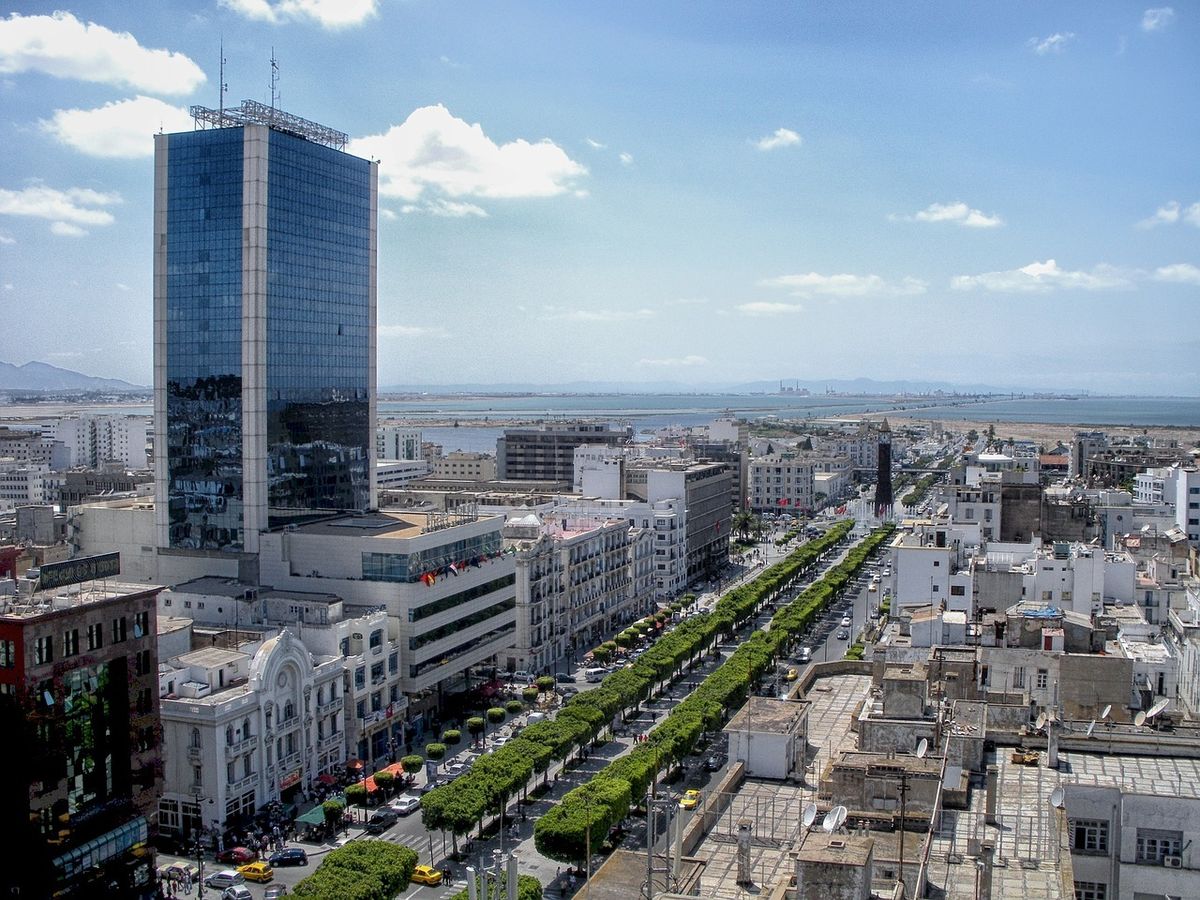
Tunisia, a North African gem, offers a blend of ancient history, stunning landscapes, and vibrant culture. Have you ever wondered what makes this country so unique? Tunisia boasts a rich tapestry of influences from Berber, Phoenician, Roman, Arab, and French cultures. From the bustling markets of Tunis to the serene beaches of Djerba, there's something for everyone. Did you know that Tunisia is home to the ancient city of Carthage, once a powerful rival to Rome? Or that it played a pivotal role in the Arab Spring? Whether you're a history buff, a nature lover, or a foodie, Tunisia has countless surprises waiting. Ready to dive into 30 fascinating facts about this captivating country? Let's get started!
Key Takeaways:
- Tunisia, the northernmost country in Africa, is a land of diverse landscapes, from Mediterranean beaches to the Sahara Desert. Its rich history, vibrant culture, and unique cuisine make it a captivating destination for travelers.
- With a high literacy rate and a strong tradition of valuing education, Tunisia is a country that places great importance on learning. Its diverse ecosystems are home to unique wildlife, and conservation efforts aim to protect its natural treasures.
Geography and Nature
Tunisia, a North African gem, boasts diverse landscapes from Mediterranean beaches to the Sahara Desert. Let's dive into some fascinating geographical facts.
- Tunisia is the northernmost country in Africa, with Cape Angela marking its northern tip.
- The Sahara Desert covers about 40% of Tunisia's land area.
- The country has a Mediterranean coastline stretching over 1,100 kilometers.
- The Atlas Mountains run through Tunisia, providing stunning views and hiking opportunities.
- Lake Ichkeul, a UNESCO World Heritage site, is one of the last remaining freshwater lakes in North Africa.
History and Culture
Tunisia's rich history and vibrant culture make it a captivating destination. Here are some intriguing historical and cultural facts.
- Carthage, an ancient city in Tunisia, was a major power in the Mediterranean before being destroyed by Rome.
- The Medina of Tunis, a UNESCO World Heritage site, dates back to the 7th century.
- Tunisia gained independence from France on March 20, 1956.
- The country has a unique blend of Arab, Berber, and French cultural influences.
- Traditional Tunisian music, known as Malouf, has Andalusian roots.
Economy and Industry
Tunisia's economy is diverse, with agriculture, mining, and tourism playing significant roles. Let's explore some economic facts.
- Olive oil production is a major industry, with Tunisia being one of the world's top exporters.
- Phosphate mining is a key sector, contributing significantly to the national economy.
- Tourism is vital, with millions visiting historical sites and coastal resorts annually.
- The textile industry is a significant employer, producing clothing for global brands.
- Tunisia is a leading producer of dates, particularly the Deglet Nour variety.
Food and Cuisine
Tunisian cuisine is a delightful mix of flavors and spices. Here are some mouth-watering facts about Tunisian food.
- Couscous is a staple dish, often served with meat, vegetables, and a spicy sauce.
- Harissa, a hot chili paste, is a common condiment in Tunisian cuisine.
- Brik, a deep-fried pastry filled with egg and tuna, is a popular street food.
- Lablabi, a chickpea soup, is a favorite winter dish.
- Makroudh, a sweet pastry filled with dates or almonds, is a traditional dessert.
Language and Education
Language and education play crucial roles in shaping Tunisia's society. Let's look at some interesting facts in this area.
- Arabic is the official language, but French is widely spoken and used in business and education.
- Tunisia has a high literacy rate, with over 80% of the population being literate.
- The University of Ez-Zitouna in Tunis, founded in 737 AD, is one of the oldest universities in the world.
- Education is compulsory for children aged 6 to 16.
- Tunisia has a strong tradition of valuing education, with many students pursuing higher education.
Wildlife and Conservation
Tunisia's diverse ecosystems are home to various wildlife species. Here are some fascinating facts about its fauna and conservation efforts.
- The Dorcas gazelle, a small desert antelope, is native to Tunisia.
- The Barbary sheep, also known as the aoudad, can be found in the country's mountainous regions.
- Tunisia is home to several bird species, including the endangered northern bald ibis.
- The Bou-Hedma National Park is a protected area that aims to conserve the country's unique flora and fauna.
- Tunisia participates in international efforts to protect migratory birds, as it lies on a key migration route.
Final Glimpse at Tunisia's Wonders
Tunisia's rich history, vibrant culture, and stunning landscapes make it a fascinating destination. From the ancient ruins of Carthage to the bustling markets of Tunis, there's something for everyone. The country's diverse geography, featuring both Mediterranean beaches and the Sahara Desert, offers unique experiences for travelers. Tunisia's culinary delights, like couscous and brik, tantalize taste buds with their flavors. The nation's commitment to preserving its heritage is evident in its numerous UNESCO World Heritage sites. Whether you're exploring the historic medinas, enjoying the local cuisine, or marveling at the natural beauty, Tunisia never fails to impress. Its blend of ancient traditions and modern influences creates a captivating atmosphere. So, whether you're a history buff, a foodie, or an adventurer, Tunisia promises unforgettable memories. Dive into its wonders and let Tunisia's charm leave a lasting impression.
Frequently Asked Questions
Was this page helpful?
Our commitment to delivering trustworthy and engaging content is at the heart of what we do. Each fact on our site is contributed by real users like you, bringing a wealth of diverse insights and information. To ensure the highest standards of accuracy and reliability, our dedicated editors meticulously review each submission. This process guarantees that the facts we share are not only fascinating but also credible. Trust in our commitment to quality and authenticity as you explore and learn with us.


